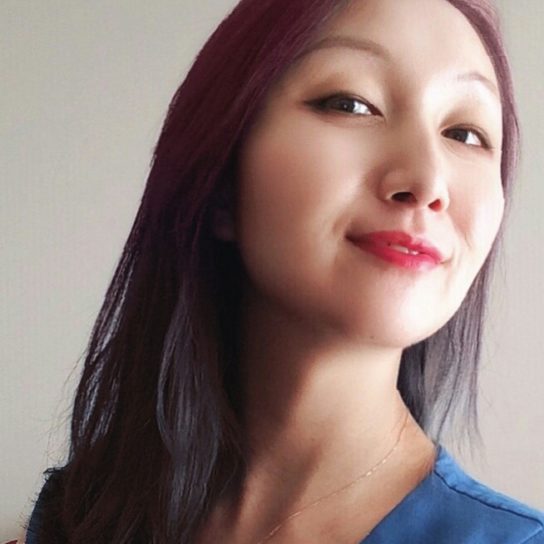
Graduate Associate
mmcho[at]yorku.ca
Master's Student
Graduate Programme in Art History and Visual Culture, York University
Research Keywords:
Subject and authority; visibility and invisibility; marginalization; East Asian diaspora artists; Canada
Research Region(s):
Canada, East Asia
Research Diaspora(s):
Asian Diaspora, Chinese Diaspora, East Asian Diaspora, Japanese Diaspora, Korean Diaspora
My name is Moon-Kyoung Cho (조문경), but I am also called Melody. I recognize both as my identities. I am a 1.5-generation Korean immigrant, settler and diaspora living on the land now called Canada, and it is in my awareness as one that my passion for contemporary art— especially socially-engaged practices—and critical historiography is rooted.
Inspired by the tensions between subject and authority, I contemplate in my research the ways in which marginalized peoples are rendered visible and invisible at varying moments and contexts in the complex social, cultural, and historical milieux in Canada. More specifically, my proposed research will enquire into the ways in which East Asian diaspora artists navigate their unstable existence in the intersections between visibility and invisibility. Through this research project and the resulting paper, I seek to produce scholarship furthering the works of these artists who are doing significant cultural work in addressing and confronting forces of marginalization.
My interest in issues of marginalization and systems of oppression stems from my own experiences growing up, living, and working as an East Asian person of colour in Canada—a “model minority,” that is, a rather uniquely politicized identity. I say unique, for I find the makeup of marginalization and oppression experienced by a person of “model minority” identity differs, for example, in how it is effected as much from within as from the outside.
Prompted by this observation, I plan to begin my research by digging into the origin, development, and physiology of the “model minority” myth in the United States of America and its application to the Canadian context; and the context and history of Canadian diversity, particularly around Canada’s multiculturalism policy and its implications. Further, I intend to explore the artist projects commissioned by Gendai, a Toronto-based art organization that collaborates with and supports East Asian artists and artists of colour, as part of their Model Minority program in 2013-2014 as well as the accompanying publication, as an example of the works of those engaging in critically looking at the “model minority” myth and its effects on the East Asian diaspora community and their experiences. In doing so, I intend to look to Nelson Goodman’s notion of worldmaking—as creating other actual worlds based on own diverse experiences and cultural foundations—to discuss and expand on the work of these artists.
